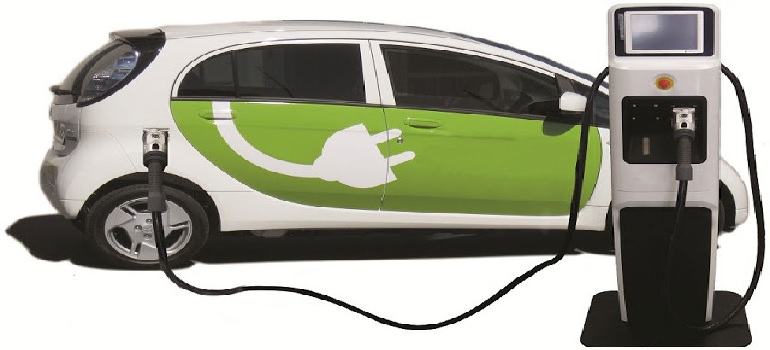
Automobile industry body SIAM has proposed all new vehicle sales in India to be pure electric by 2047 while the same for intra-city public transport fleet can be achieved by 2030.
In a white paper submitted to the government, the Society of Indian Automobile Manufacturers (SIAM) said it is aiming at 40 percent of new vehicle sales in the country to be pure electric by 2030.
The paper has been brought out in line with the government’s vision of 100 per cent electric for public mobility and 40 per cent electric for personal mobility by 2030, it said in a statement.
However, former power minister Piyush Goyal had in April this year said, “The idea is that by 2030, not a single petrol or diesel car should be sold in the country.”
Proposing 100 per cent pure electric vehicles – battery electric and fuel cell — by the 100th anniversary of India’s Independence in 2047, SIAM outlined a road map that includes 60 per cent of new vehicle sales in the country to employ greener technologies like hybrids and other alternative fuels by 2030.
To make sure this vision is realised, the industry, the government and various stakeholders need to collaborate and invest with 100 per cent commitment, SIAM President Abhay Firodia said.
ALSO READ: Okinawa launches fastest electric scooter ‘Praise’ in India at Rs. 59,889
“To ensure smooth phasing in of pure electric vehicles and to sustain the transition to cleaner fossil fuel vehicles, the IC (internal combustion) engine upgradation must continue over the next decade or so,” the paper added.
Progressively, cleaner fossil fuel vehicles will be an essential stepping stone in this journey towards 100 per cent pure electric, it added.
He also emphasised that policy should be necessarily adaptive in view of the nature of the fast-evolving technology.
ALSO READ: Government to give incentives to boost electric vehicle manufacturing
“At the same time, there must not be sudden changes so as to allow outcomes in a planned manner and to ensure that the necessary transformation takes place with the minimum of disruption which may have socio-economic impact in terms of industrial growth, employment and livelihood of people in the auto industry,” Firodia said.
ALSO READ: Yamaha evaluating possibility of launching electric two-wheelers in India
The proposed policy measures in the White Paper will be needed for creating a robust market and manufacturing ecosystem for electric vehicles in India and such a policy must be sustained over time to remain stable to enable the industry commit to investments with full confidence, Firodia added.
Source: PTI

